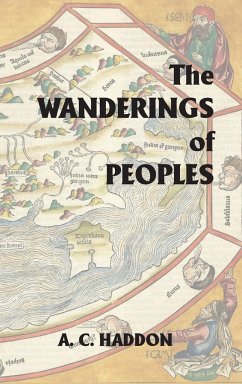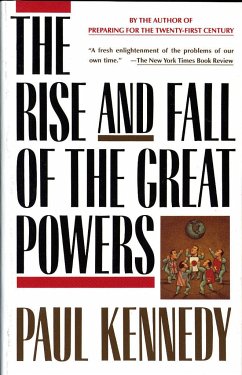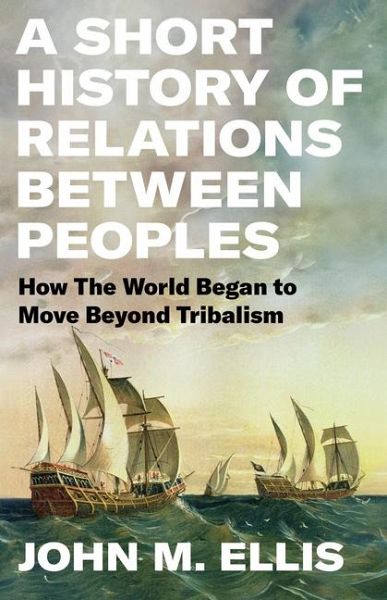
A Short History of Relations Between Peoples
How the World Began to Move Beyond Tribalism

PAYBACK Punkte
10 °P sammeln!
A Short History of Relations Between Peoples traces how the cultural attitudes that different peoples and nations had toward each other have undergone a profound and positive change during the last 500 years. For most of recorded history, neighboring countries, tribes, and peoples everywhere in the world regarded each other with apprehension—when not outright fear and loathing. Tribal or racial attitudes were virtually universal, no one group being much better or worse in this respect than any other—and for good reason given the conditions of life before the modern...
A Short History of Relations Between Peoples traces how the cultural attitudes that different peoples and nations had toward each other have undergone a profound and positive change during the last 500 years. For most of recorded history, neighboring countries, tribes, and peoples everywhere in the world regarded each other with apprehension—when not outright fear and loathing. Tribal or racial attitudes were virtually universal, no one group being much better or worse in this respect than any other—and for good reason given the conditions of life before the modern era. But in the last 500 years, relations between different peoples have undergone a slow but profound change. In this book, John Ellis explains how a confluence of discoveries, inventions, explorations, as well as social and political changes gave birth to a new attitude, one expressed succinctly in the Latin phrase: gens una sumus—we are all one people. This sentiment has by now become a modern orthodoxy, however inconsistently or even hypocritically it may sometimes be espoused. Ellis tells the story of how the transition happened, setting out the crucial stages in its progress as well as the key events that moved it forward, and identifying the individuals and groups that brought about the eventual dominance of this new outlook. This is a compelling story in its own right, but it is also a useful inoculation against the destructive ideas of today’s race hustlers. An accurate grasp of how this crucial change happened contradicts everything that they want us to believe. Ideologies such as Critical Race Theory and Diversity, Equity, and Inclusion have everything touching on race and racism completely backwards. The villains of their ignorant version of history are really the heroes. In explaining how the historical record makes nonsense of CRT, Ellis’s book amounts to the most fundamental and complete refutation of that pernicious ideology.




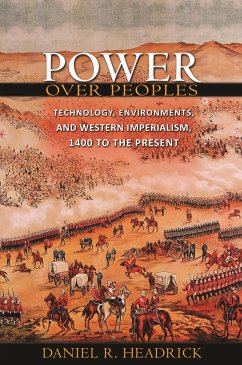


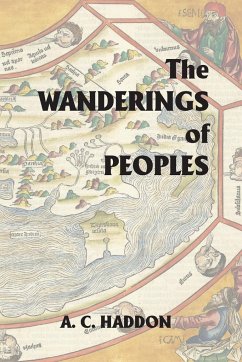
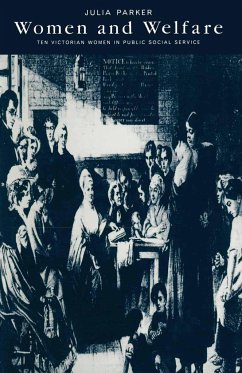
![Protestant and Catholic Civilization Compared [microform]. The Future of Catholic Peoples Cover Protestant and Catholic Civilization Compared [microform]. The Future of Catholic Peoples](https://bilder.buecher.de/produkte/64/64532/64532594n.jpg)


